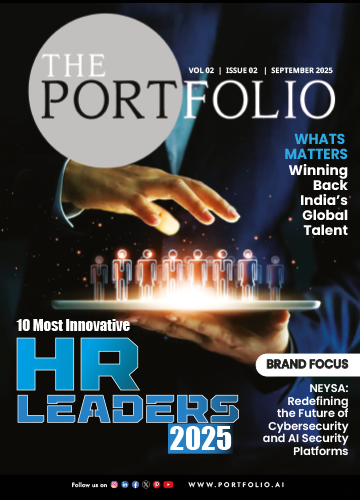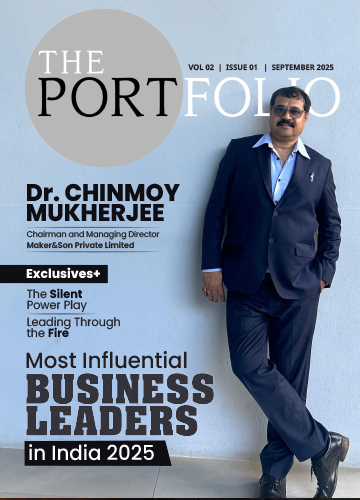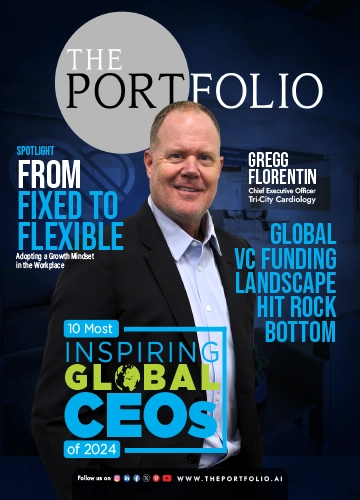Decisive voices, sharp debate and strong opinions have always characterized boardrooms. However, in a world of complexity, disruption and inclusion, the talent that unobtrusively transforms the executive leadership process is not persuasion but listening. Highest levels of silence, empathy, and active listening are becoming the core competencies of decision-makers, which changes the way the boards operate and how the strategy is developed.
Dominance to Dialogue
Historically the boardrooms were dominated by those who could speak the loudest, those who could speak with the most cogent instincts, and those who could speak the quickest. The current issues, however, such as geopolitical risk, ESG responsibility, or generative AI, are complex, demand some critical thinking, a multi-angle approach, and careful consideration. The leaders emerging in this environment are not always the loudest, they are the most open.
Boardrooms will have improved conversations due to active listening. It minimizes the imbalances of power that stifle the voices of the minorities and gives room to complex issues to be adequately understood before decision making. A 2023 Deloitte Global Board Survey found that boards that stimulate active listening and reflection are more resilient in their strategic decision-making and record higher stakeholder trust.
Empathy as a Part of Strategy
The concept of empathy as a so-called soft skill is shifting to the concept of strategic capital. Listening across stakeholders, including but not limited to shareholders, is increasingly becoming a requirement of CEOs and the board chairs to include the perspectives of employees, customers, regulators, and communities. This compassionate view assists the boards to recognize the social and reputation threats in advance and develop desirable strategies that are not only lucrative but can be sustained.
Firms such as Unilever and Salesforce have started to institutionalize listening as a form of governance – in the shape of stakeholder councils, employee listening tools and proactive feedback loops – so that decisions are based on what is happening on the ground.
The Power of Wait
Silence might be used as a leadership instrument in stressful situations. Waiting to speak, encouraging disagreement and avoiding the temptation to control discussions leaves room to see more clearly. According to neuroscience research done by MIT Sloan, leaders who embrace deliberate silence during meetings enhance the quality of group problem solving by more than 30%.
Listening as Leadership
Listening, in the world where it is drowned by the information and noise, is not passive but powerful. The best boardrooms in the modern world are not echo chambers but classrooms. With increasing complexity in strategy, and increasing expectations to stakeholders, the most underestimated skill in leadership increasingly becomes the most important: to listen, before you lead.



















